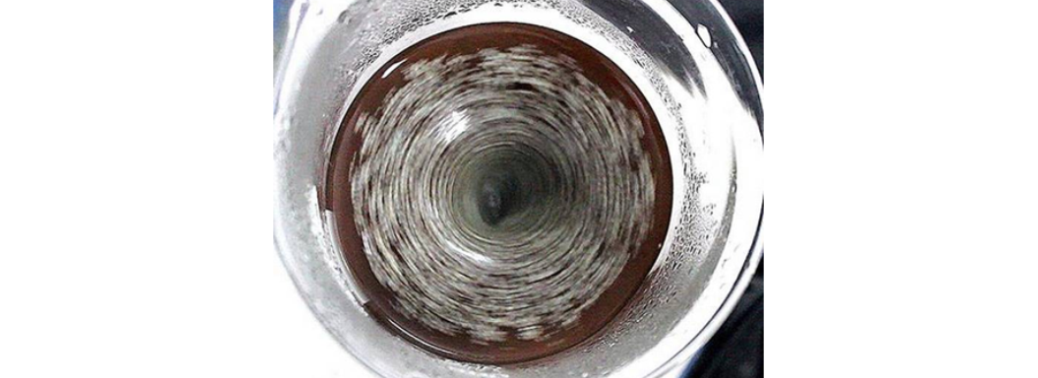IIT MADRAS FINDS AN ECO-FRIENDLY WAY TO DEGRADE PLASTICS
15, Sep 2019

Prelims level : Environment- Pollution & Waste Management, Science & Technology
Mains level : GS-III- Conservation, Environmental Pollution and degradation, environmental Impact Assessment.
Why in News?
- Recently the journal ACS Sustainable Chemistry & Engineering has published the work of the team from the Department of Chemistry at IIT Madras who were able to degrade polypropylene in glucose solution.
Background:
- Three years ago researchers from the Indian Institute of Technology (IIT) Madras observed silver slowly dissolving in a glucose solution when heated to 70 degree C. Now, the team has demonstrated an environment-friendly strategy to degrade the chemically inert and physically stable plastic fluoropolymer — polytetrafluoroethylene (PTFE) of which Teflon is made.
Process Involved:
- In order to degrade the fluoropolymer into molecules is continuous stirring of it in water containing 1,000 ppm glucose and metal ions for about 15 days at 70 degree C.
- The researchers used a magnetic stirrer coated with Teflon to continuously stir for several days the water mixed with glucose in a glass beaker containing a gold foil.
- The team tested Teflon in different forms — pellets, tapes and plates. They repeated the experiment using a Teflon beaker and tried different metals too and still got the same result each time. The only difference was that the particles did not show bright red luminescence when copper, silver and iron were used instead of gold.
- Glucose added to water first leaches out ions from the metal surface. When the PTFE-coated magnetic pellet is continuously rotated, triboelectric charges get generated on the pellet. The PTFE gets negatively charged.
- The negative charge on the PTFE surface attracts the metal ions that have been leached out. The interaction between the metal ions and PTFE results in metal-polymer bonding, causing the carbon-carbon bonds to destabilise. This eventually results in PTFEs degrading into molecules.
- No such degradation of PTFE was noticed in the absence of stirring, glucose or metal ions. The rate of degradation gets reduced at room temperature.
- The amount of triboelectric degradation depends on the amount of glucose dissolved in water. As the amount of glucose in water increases more metal ions get leached leading to more interaction between PTFE and the metal ions. As more metal ions bind to PTFE, there is enhanced PTFE degradation.
Spin-off Benefits:
- According to the paper, similar chemistry can possibly lead to micro and nano-plastics in food during cooking as many modern cookware are coated with Teflon.






